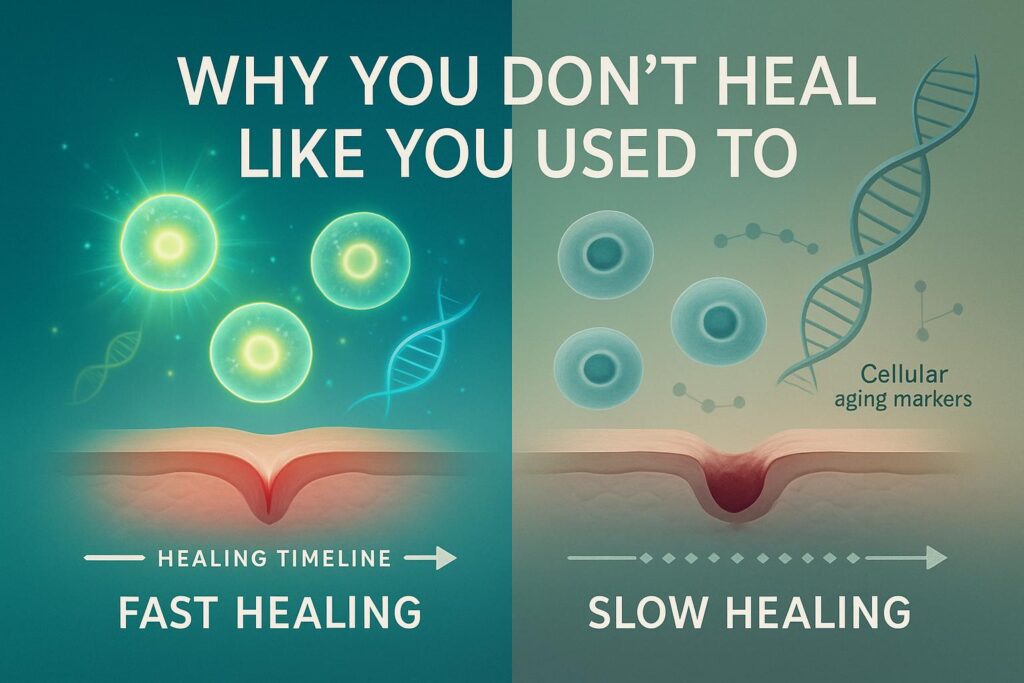RESEARCH TRIANGLE PARK, N.C., June 02, 2022 (GLOBE NEWSWIRE) — A peer-reviewed case study in the May 21 edition of SAGE Open Medical Case Reports highlights the effectiveness of two Merakris Therapeutics wound care products – Dermacyte® Amniotic Wound Care Liquid and Dermacyte® Amniotic Wound Care Matrix – in treating non-healing venous leg ulcers.
The study was published by scientists from Merakris and the University of Texas Medical Branch. Merakris is a Research Triangle Park-headquartered company that pioneers the use of stem cell-derived biotherapeutic technologies that promote healing of damaged tissue.
The report describes a 65-year-old male patient with a three-year history of advanced chronic venous insufficiency – caused by improper functioning of the vein valves in the leg – with venous leg ulcers. Despite radio frequency ablation (removal of tissue) and standard-of-care wound treatment, his two ulcers persisted.
A single combination treatment with Dermacyte Liquid and Dermacyte Matrix healed the smaller of the two wounds in four weeks. Dermacyte Liquid was injected under the skin around the wounds on the patient’s thigh and lower leg. Dermacyte Matrix, an amniotic membrane allograph, was applied over the lesions.
The larger wound fully closed after two treatments over a 17-week period. There was no evidence of recurrence of either wound after six months.
“Based on this preliminary observation, Dermacyte Liquid and Matrix used in combination were a safe and effective treatment for chronic wounds caused by CVI in this patient,” the study reported.
Chronic venous insufficiency (CVI) affects approximately 25% of women and 15% of men in the U.S. Between 1% and 4% of the adult population suffer from advanced stages of the disease. That includes recurring non-healing venous ulcers of the type described in the study, which notes that the estimated annual cost associated with these wounds ranges from $1.9 to $2.5 billion in this country alone.
Many patients affected by CVI-related venous stasis – an inflammation of the skin in the lower legs – diabetic foot ulcers and other chronic wounds may face the possibility of amputation. So the Dermacyte products address an unmet therapeutic need.
“CVI and the wounds associated with it can be an extremely painful, debilitating and costly medical condition,” said Chris Broderick, CEO of Merakris. “We are delighted that our two Dermacyte products are proving to be effective in treating the leg ulcers that often accompany CVI.”
Merakris recently entered into a Cooperative Research and Development Agreement with the United States Department of Veteran Affairs (VA) to test Dermacyte Liquid on non-healing venous stasis ulcers. The company said patients currently are being recruited for the two-part Phase II clinical study. It is designed to address the frequency of administration, safety and effectiveness of the product in a larger patient population.
About Merakris
Merakris Therapeutics – founded in 2016 – has as its mission to improve global patient care and outcomes through regenerative biotechnologies. In addition to Dermacyte Wound Care Liquid and Dermacyte Matrix, the company also markets Opticyte® Matrix, which creates an ophthalmic barrier to the corneal surface of the eye and can be used with various ocular procedures.
Merakris also is investigating other novel biotechnology solutions that promote wound healing and skin rejuvenation.



